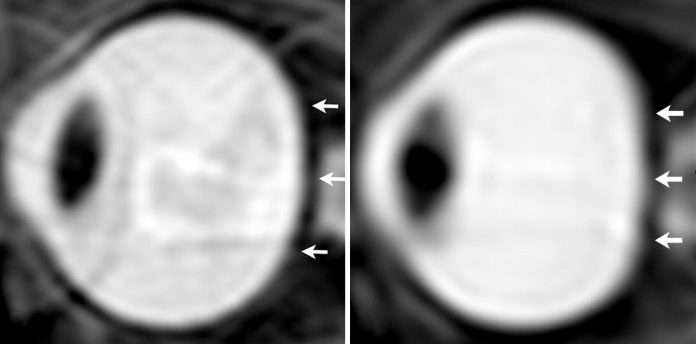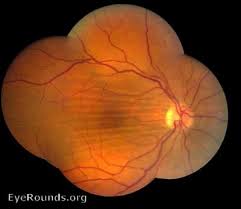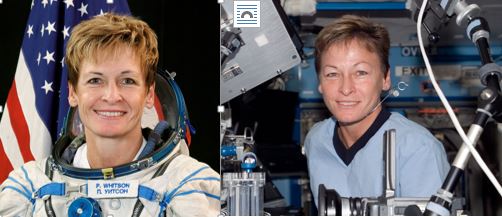Lesson 2 - Microgravity (Part 1)
Gravity is the force that pushes an object, such as a human, towards the center of a large mass, such as a planet. Merriam-Webster dictionary defines gravity as:
"the gravitational attraction of the mass of the earth, the moon, or a planet for bodies at or near its surface"
On Earth, we say that we have '1g' of gravity. The moon, which is a lot smaller than Earth, has about 1/6g of gravity. Mars is slightly smaller than Earth, and has about 33% of the Earth's gravity, or 1/3g. Objects that are in orbit around a planet or moon, rather than on the surface, experience 'microgravity'. Microgravity causes the feeling of being 'weightless', allows objects (and people) to float, and causes the body to behave much differently than on Earth.

Microgravity and Body Fluids
On Earth, gravity constantly pulls down on the fluids inside our body. This is why, after a long day of standing, a person's feet, legs or ankles may become swollen from the extra fluid that has shifted there. Gravity is also the cause of feeling dizzy after standing up suddenly. In this case, blood is suddenly pulled to the legs and feet, leaving less blood to circulate back to the heart. This causes low blood pressure, which means less oxygen is available to the brain, leading to a feeling of dizziness or perhaps even fainting!
In microgravity, the opposite is true. As there is no 'up' or 'down' direction for the body while floating in orbit, fluid does not get 'pulled down' towards the legs and feet. Instead, the fluid stays close to the center of the body, pooling around the chest and lungs. Space medicine doctors call this 'Fluid Shift' and it causes a few problems!
In microgravity, the skull has more fluid inside it than on Earth. This results in a greater pressure inside the skull, known as intracranial pressure. This higher pressure actually squeezes on astronauts eyeballs to give them a flatter shape!

Many astronauts need to wear glasses to fix the
damage to their sight caused by the new shape of their eyeball, and most of the
time this damage is permanent! The extra fluid can also cause a kink in the
optic nerve, and choroidal folds (zebra stripe patterns on the inner surface of
the eye).

Fluid shift in microgravity can also cause
problems with astronauts sense of taste and smell. You may notice that astronauts
tend to look "puffy-faced" in photos. This puffiness shows how the face can
swell slightly to accommodate the extra fluid. This facial swelling leads to
congestion of the nose and sinus. If you've ever noticed that food and/drinks
taste or smell less flavorful when you're congested or have a cold, then you've
experienced the same problem as astronauts in space!

One favorite condiment for astronauts is 'hot sauce' due to its strong flavor and ability to help clear the nose and sinus!

Surviving Microgravity in Space (Part 1)
The Chibis Suit
Russian muggles have built a lower-body suit capable
of pulling fluid back towards the legs to overcome the health problems caused
by fluid shifts in microgravity. It is called the 'Chibis' suit and looks like
a pair of pants that enclose a human body from the waist down. The suit uses
vacuum to pull suction on the lower body, forcing fluid down towards the legs.
Research is still ongoing, but the initial results suggest this could be one step
towards preventing the bad effects of microgravity on human eyes and heads.

Resources:
https://blogs.nasa.gov/spacestation/2017/01/19/crew-studies-how-space-affects-eyesight/
https://www.mayoclinic.org/diseases-conditions/orthostatic-hypotension/symptoms-causes/syc-20352548
https://www.merriam-webster.com/dictionary/gravity
https://www.researchgate.net/publication/268230736_Microgravity-Induced_Fluid_Shift_and_Ophthalmic_Changes
https://webeye.ophth.uiowa.edu/eyeforum/atlas/pages/choroidal-folds.html
https://www.nasa.gov/mission_pages/station/research/experiments/explorer/Investigation.html?#id=1126
https://blogs.nasa.gov/ISS_Science_Blog/2015/06/02/rubber-vacuum-pants-that-suck/
